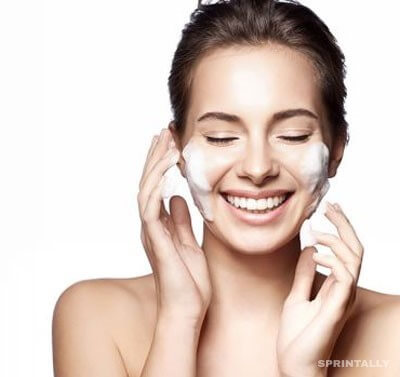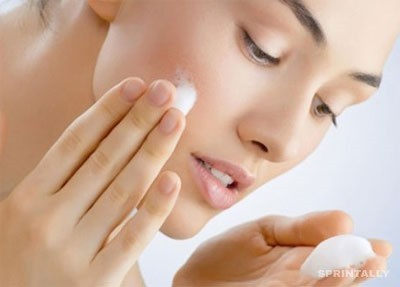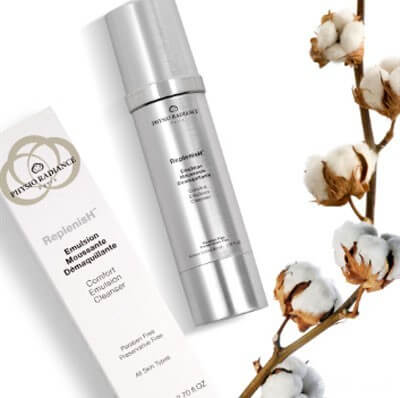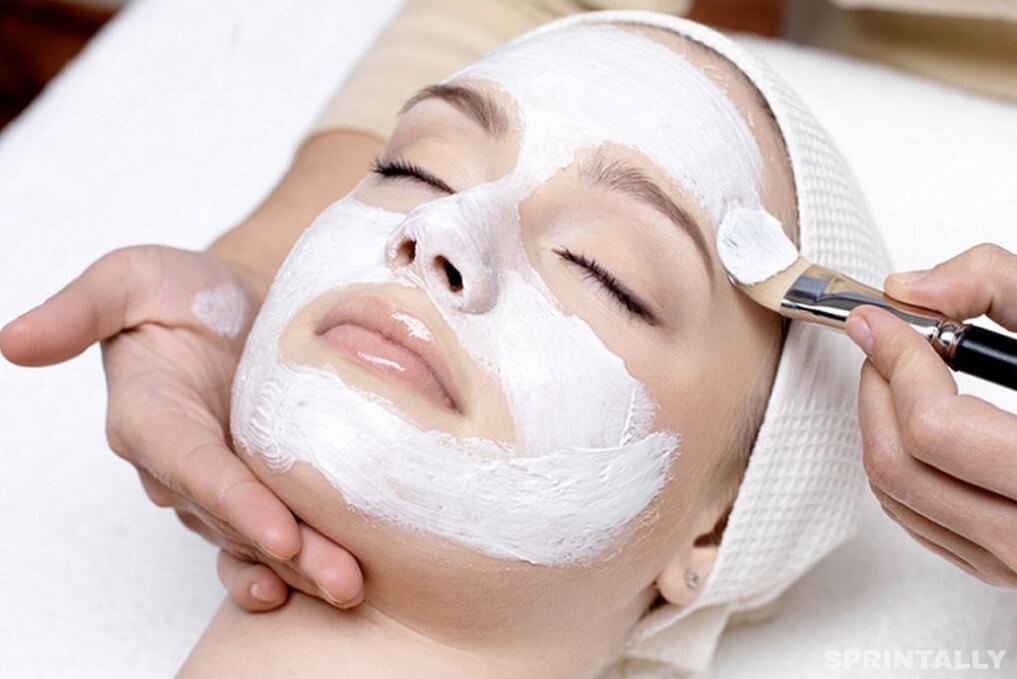Everything was mixed in the makeup house. We are offered to paint eyebrows with lipstick and to wash the head with cream, and we have not yet had time to really understand what distinguishes the products familiar to us – essence and serum, foam and mousse. Intuitively, we understand that features are associated with consistency. Let’s find out for sure what cleansers differ.
There are so many names that their specificity even became a topic for dissertations. In the study “Structural and semantic features of the terminology of women’s cosmetics,” Candidate of Philology Elena Taranova notes that most of the concepts came to us from the French language. Many of these words – cream, mousse, jelly – can be found in the confectionery menu.

Cleansing Foam
Researcher Julia Klimova writes that the foam is “a cleanser containing surfactants” (surfactant is an active component of detergents and cleaners). When squeezing foam from a tube, it looks like a liquid soap, and when applied on the skin, a gentle foam is created, like a cappuccino or latte.
Mousse for skin cleansing
According to the Encyclopedic Dictionary, the mousse is a “foam-like cosmetic”. Typically, when applied in the hands of a lush white cloud, like a hill of ice cream in a cup with glace. Mousse is chosen by girls who like to wash with a lot of foam.

Cleanser Gel
According to the Dictionary of Foreign Words “gel is a gelatinous state of a substance possessing certain properties of solids.” Its consistency resembles a jelly. In this form, varnishes and carpentry glue are produced. The ability to keep the shape has led to the popularity of the gel for styling hair and fixing the hairstyle. The gel has elasticity, so it is convenient to apply on the face. Like foam and mousse, cleansing gel requires washing with water, but unlike them usually creates less foam.
Lotion
Lotion (in translation from the French – “whitening, irrigation) – the most liquid of the washbasins. If you continue the gastronomic comparison, then it can be compared with tea, which was poured through a strainer. “Lotion – a water-alcohol solution of various actively acting (acids, vitamins, juices, infusions of medicinal plants) and other substances” – read in the Great Encyclopedic Dictionary. Unlike gel, mousse, and foam, it allows you to wash without water, so it is a good option for traveling and hiking.
Cleansing milk for skin
The encyclopedic dictionary reports that milk is a “white liquid cream (usually with the addition of vegetable or animal juices).” Milk is a mixture of fats and water. He is considered one of the most sparing means for washing. Like lotion, it does not require water to cleanse the skin.
This product meets most of the reproaches: say, from milk, the face becomes sticky, it does not give a sense of purity. This is due to errors in the application of the product. Girls squeeze out the product (according to the density, it is similar to low-fat sour cream) on a cotton pad and immediately rub it on the skin. To properly wash with milk, first, squeeze the product on your hands, apply to the skin, wait a bit and then wipe with a cotton swab. Then the skin will really be clean. By the way, unlike the lotion, milk is not rubbed with the skin, but it is erased together with the makeup.
What is an emulsion?
The emulsion can be made on the basis of water or oil: drops of oil in water – a direct emulsion, water droplets in oil – the reverse. There are also such structures as a dream in a dream in the film “The Beginning” of Christopher Nolan. In such products, oil particles are in the water, the drops of which are in a new droplet of oil and so on. These emulsions are called multiple, and those in which water and oil are located in layers are lamellar.

Due to the variety in the structure, the density of emulsions can vary from the consistency of the cream, which is served to coffee in the hotel or on board the aircraft, to fresh honey. The structure of the emulsion allows scientists to experiment and embody the boldest designs for the beauty of our skin. One of the most breakthrough products is the Comfort Emulsion Cleanser emulsion from the hypoallergenic series Physio Radiance from QNET. Specialists of the French laboratory Laboratories Robert Schwartz ordered a unique composition of valuable ingredients.
The series acts on the cellular and intercellular levels. The patented formula contains microcapsules of negatively charged hydrogen, which helps the skin withstand free radicals. For the depleted skin, to meet them is the same as for us – to stumble upon hooligans in a dark alley: free radicals take a free electron from the cell. This process is the main mechanism of aging. Hydrogen saves the cell from theft. In addition, the composition of the emulsion is brown algae. Their component – fucoidan – stimulates the production of collagen, enhances microcirculation. By the way, the tremendous properties of algae were revealed when they began to study what the Japanese long-livers of the island of Okinawa eat. It is important that the products of the series do not just impact the skin for a short time – they trigger the mechanisms of self-healing in it. Thanks to the product, the skin itself is able to protect itself from free radicals. Slow down, and we shine with youth, health, and beauty.
Emulsion Comfort Emulsion Cleanser from the series Physio Radiance from QNET not only gently and effectively cleanses the skin but also moisturizes and nourishes. The product strengthens the elasticity of the skin, helps it look fresh and young. Manufacturers promise visible positive changes in three to four weeks after using the products of the series Physio Radiance.
